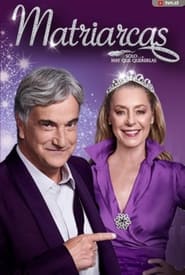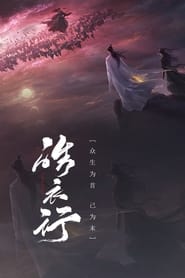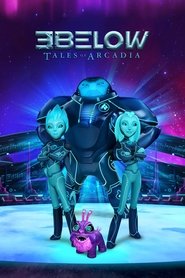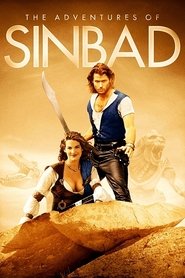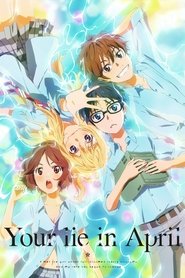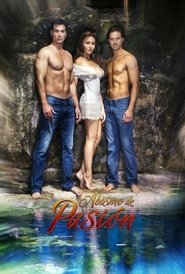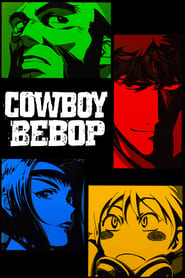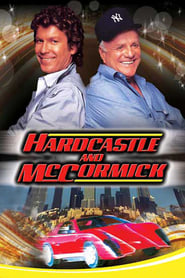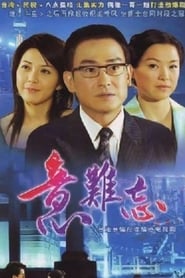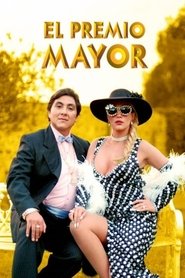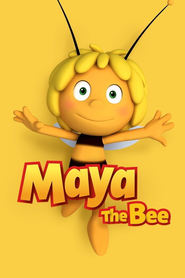Popular TV Series - Page 305
-
Matriarcas
2015
star 6Diana, the widow of an Arab millionaire must share her home with all the women related to latter's life, including her monarchist mother Isabelle, her envious sister Letizia, her two nieces Leonor and Amalia, her employee and a cute kinesiologist. -
The Strange Chores
2019
star 4.2Charlie and Pierce are two teenage wannabe warrior-heroes who, together with the spirited ghost girl Que, master the skills they need to replace an ageing monster slayer by doing his strange, supernatural chores. -
Immortality
0000
Immortality
0000
Mo Ran is the young disciple of the most powerful cultivator in the world, Chu Wan Ning. Due to misunderstandings and general differences, the two have been at odds with each other. Chu Wan Ning finds himself helpless in the face of Mo Ran's teenage rebellion and the two keep on drawing further apart. Unbeknownst to Chu Wan Ning, in a past life, Mo Ran and Chu Wan Ning's animosity ended in great bloodshed and misery when Mo Ran turned to the dark cultivating techniques. After the past life ends, sixteen-year-old Mo Ran wakes up with knowledge regarding the events of that past life. Believing he can change his tragic end this time around, Mo Ran sets out to change the course of events as he knows them but soon finds out things are not as they seemed to him. -
3Below: Tales of Arcadia
2018
star 7.4After crash-landing on Earth, two royal teen aliens on the run struggle to blend in with humans as they evade intergalactic bounty hunters. -
The Adventures of Sinbad
1996
star 7The Adventures of Sinbad is a Canadian television series which aired from 1996 to 1998. It follows on the story from the pilot of the same name, and revolves around the series' protagonist, Sinbad. The series is a re-telling of the adventures of Sinbad from The Arabian Nights. -
Your Lie in April
2014
star 8.6Kousei Arima was a genius pianist until his mother's sudden death took away his ability to play. Each day was dull for Kousei. But, then he meets a violinist named Kaori Miyazono who has an eccentric playing style. Can the heartfelt sounds of the girl's violin lead the boy to play the piano again? -
Real Rescues
2007
star 4Real Rescues is a British documentary broadcast on BBC One exploring the daily work of the emergency services aired since 15 October 2007. Real Rescues is at the heart of the action with the emergency services of Hampshire including the police, fire, ambulance, coastguard and lifeboat crews. A majority of the footage has been shot around Portsmouth and Fareham. Reruns are on Watch and CBS Reality. In the later series, other counties from across the UK began to be featured. Other emergency services, such as mountain rescue and animal rescue, were also featured. -
Jasuben Jayantilaal Joshi Ki Joint Family
2008
Jasuben Jayantilaal Joshi Ki Joint Family is an Indian daily soap that aired on NDTV Imagine. -
Mein Lokal, Dein Lokal
2013
Each week five restaurant chefs from a different city compete against each other - while the restaurant is running and with an à la carte order! The winner receives 5,000 euros and the “Mein Lokal, Dein Lokal” award! -
Abyss of Passion
2012
star 7.4Rosendo Arango, the owner of Grupo La Anita, is married to Alfonsina. They have one son, Damian. Estefanía Bouvier is married to Augusto Castanon and they have one daughter, Elisa. Rosendo cheats on his wife with Carmina Bouvier, Estefanía's sister. Damian and Elisa become friends because Augusto and Rosendo were best friends. But one day, Rosendo and Carmina try to go away from La Ermita, the pueblo in which they live in. But, Estefanía, who had found out about their plans, wants to prevent this, shuts Carmina in her room and then goes with Rosendo in his car, trying to convince him not to run away with Carmina. They have an accident and die and everyone thinks they were lovers. -
A Question of Sport
1970
star 5.8Sporting quiz show, with regular captains leading teams of celebrities. -
Cowboy Bebop
1998
star 8.5In 2071, roughly fifty years after an accident with a hyperspace gateway made the Earth almost uninhabitable, humanity has colonized most of the rocky planets and moons of the Solar System. Amid a rising crime rate, the Inter Solar System Police (ISSP) set up a legalized contract system, in which registered bounty hunters, also referred to as "Cowboys", chase criminals and bring them in alive in return for a reward. -
The Class
2019
The Class
2019
-
Hardcastle and McCormick
1983
star 6.4Hardcastle and McCormick is an American action/drama television series from Stephen J. Cannell Productions, shown on ABC from 1983 through 1986. The series stars Brian Keith as Judge Milton C. Hardcastle and Daniel Hugh Kelly as ex-con and race car driver Mark "Skid" McCormick. The series premise was somewhat recycled from a previous Cannell series, Tenspeed and Brown Shoe. -
Bhagya Lakshmi
2021
star 5.9Hailing from a middle-class family, Lakshmi’s life is upended when she realises that her marriage to Rishi Oberoi, an industrialist’s son, is a sham to keep his death at bay. -
The Unforgettable Memory
2004
The Unforgettable Memory is a Taiwanese prime-time television series, originally broadcast on Formosa Television from 22 September 2004 to 28 September 2006 for 526 episodes. With a run-time of over 50,000 minutes, it is the longest Taiwanese TV drama in the 21st century. -
Maya the Bee
2013
star 7.2Hello everyone, I'm Maya the Bee! What do I love? Freedom! That's why I live in the meadow instead of the hive. I have a thousand and one adventures with my friends: Shelby snail, Max the worm ... and of course Willy! Willy is very lazy and greedy ... But he's my best friend. Together, we go on an many adventures! Let's go!
